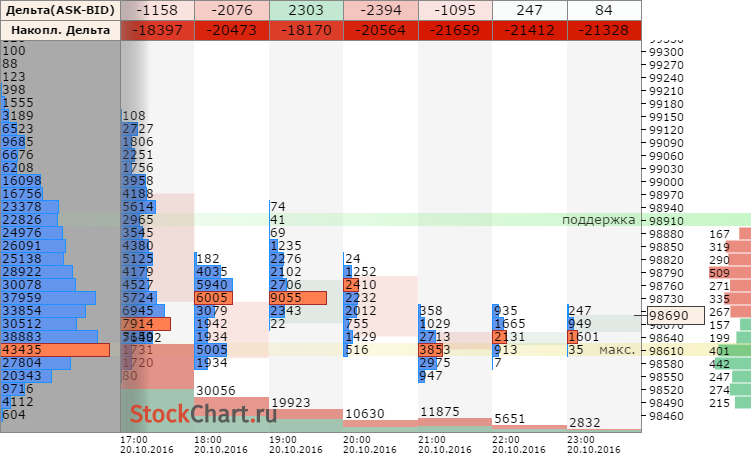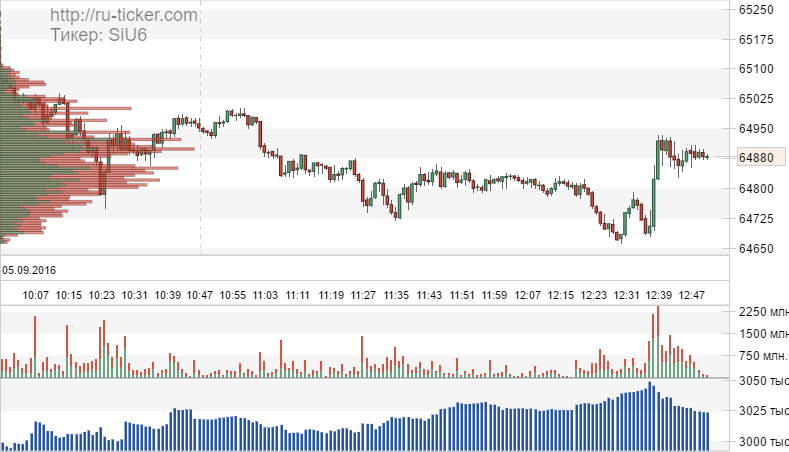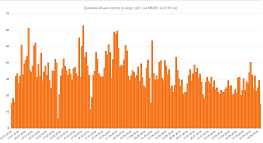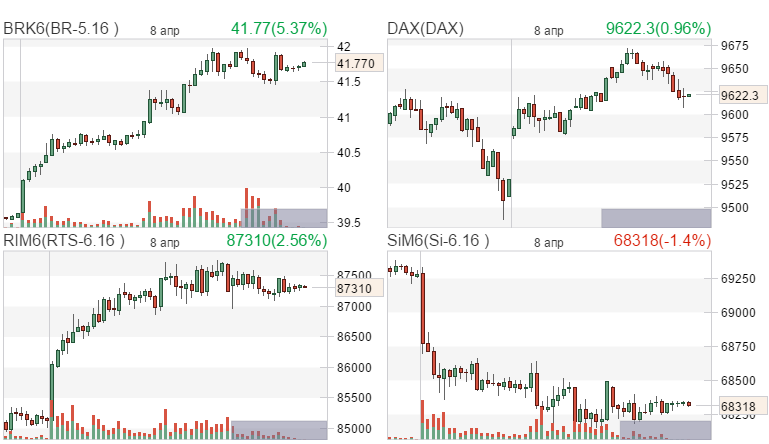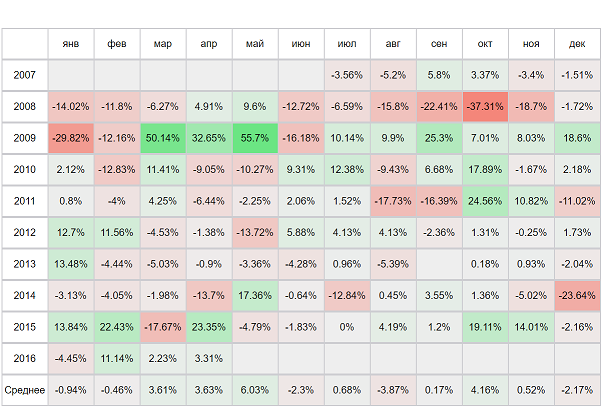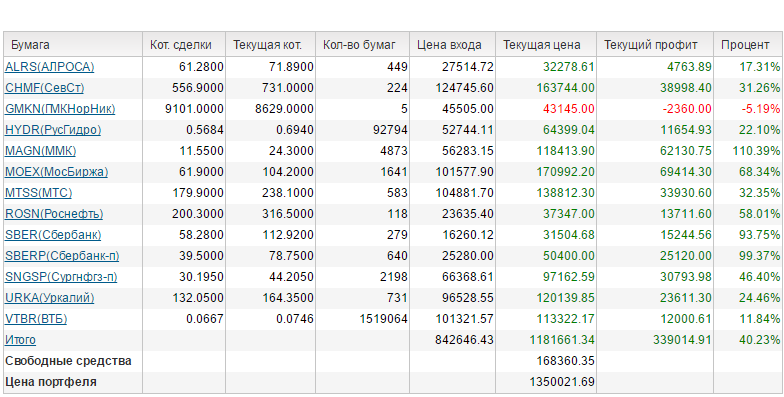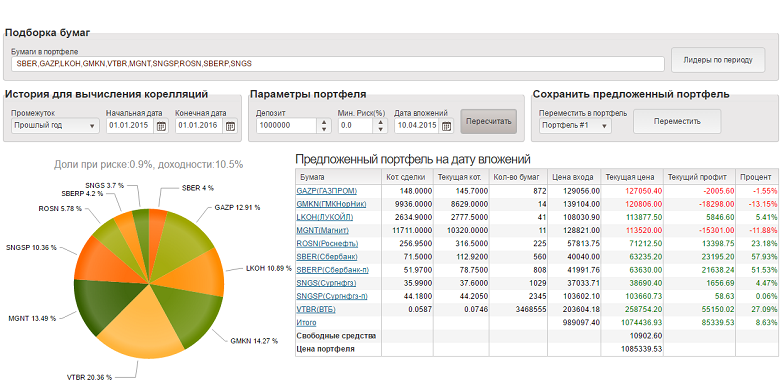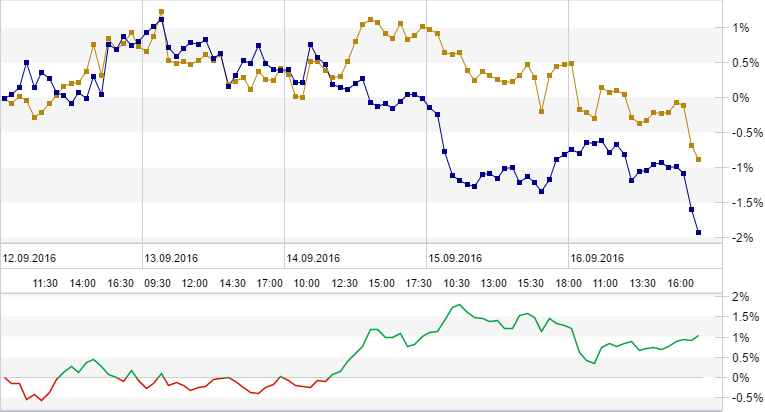 |  |  | |||||||||||
 |
|
||||||||||||
 |  |  | |||||||||||||||
 |
|
||||||||||||||||

Техническая поддержка
ONLINE
 |  |  | |||||||||||||||||
 |
|
||||||||||||||||||
Vice President JD Vance reveals the moment the Trump-Zelenskyy meeting 'went off the rails'
ruticker 04.03.2025 15:25:17 Recognized text from YouScriptor channel Fox News
Recognized from a YouTube video by YouScriptor.com, For more details, follow the link Vice President JD Vance reveals the moment the Trump-Zelenskyy meeting 'went off the rails'
**Mr. Vice President, thank you for being with us. Good to see you, man. Appreciate it. Great to be here.** Let's go back to the Oval Office Friday. From your perspective? **Yeah, great TV, as the president said.** Well, you know, it's funny. We have a 40-45 minute press conference, and the president normally does this. I've seen this now three or four times with foreign leaders where he likes to bring the media in, likes to have a conversation, but answer questions with the press. As you know, he's very open with reporters. What I noticed is that for the first 25-30 minutes or so, he tried to sort of bend over backwards to be gracious and kind to Zelensky, even when Zelensky was kind of needling him, even when Zelensky was saying things that I thought were untrue. The president just tried to be diplomatic. I think that's his natural instinct in that situation. And then when it really went off the rails, of course, is when I asked—or you had a Polish journalist who asked a question. The president answered it, and then I answered it, and then something about my answer just really set Zelensky off. So then he came at me. **So you're BL.** Then I went back at him, and what I tried to do originally was actually try to diffuse the situation a little bit because I'm like, you know, we're having this meeting. Obviously, there are a hundred television cameras here. Let's try to have this conversation in private. And then the president, as we kept on going back and forth, I tried again to say, well, maybe we should have this conversation in private. And the president was like, "Nope, actually, I don't want to have it in private anymore. I want to have this actual conversation in public for the American people to see." I do think that there was just a certain sense of—there was a lack of respect, there was a certain sense of entitlement. And most importantly, look, we can look past all of that stuff, but the president has set a very clear goal for his administration: he wants the killing to stop. I think that it's very important that President Zelensky and, of course, President Putin too, they've both got to come to the negotiating table. And that's ultimately where things broke apart. I really don't care what President Zelensky says about me or anybody else, but he showed a clear unwillingness to engage in the peace process that President Trump has said is the policy of the American people and of their president. That's the real breakdown. I think Zelensky wasn't yet there, and I think frankly now still isn't there, but I think he'll get there eventually. He has to. **My understanding is he tried to get back in or tried to stay a number of times, and then made numerous calls to come back. Is that true?** I don't know about numerous calls, but they certainly made at least one request to come back and continue the conversation. The president was like, "Look, first of all, they were disrespectful, and second of all, what are we even going to talk about? They’ve shown a clear unwillingness to discuss the peaceful settlement that President Trump is trying to bring to the situation." I think a lot of Americans are sort of—you know, it's useful to step back and ask ourselves, what is the actual plan here? You can't just fund the war forever. The American people won't stand for it. And by the way, Sean, if you look at European opinion polls, the Europeans aren't going to stand forever for it either. We need to bring this thing to a peaceful settlement. The president was trying to do that; he'll continue to try to do that. But you've got to have two to tango. You've got to have a negotiating partner in the Ukrainians who recognize that, you know, of course they have their views, and of course they're not always going to agree with us, but they've got to participate in the conversation. They weren't willing to do that on Friday, so the president said, "Send him home." He said today that the war he expects will go on a very long time. I don't know where he's going to get the money to fund that war. I have my doubts that Europe will fund the war to the level that Biden and Harris would fund it. And then the issue now has come up whether or not this administration will continue to offer money and arms for this war to continue because without America, I would argue the president was right in saying they have no cards. **Yeah, well, Sean, I think our European friends frankly are doing a disservice to the Ukrainians because their own populations are saying we're not going to fund this war indefinitely. The American people are saying we don't want to fund the war indefinitely.** So the only thing that is in the best interest of America, of Russia, of Ukraine, and of Europe is to bring this thing to a close. What happens, Sean, is you have Zelensky. He goes to Europe, and a lot of our European friends puff him up. They say, "You know, you're a freedom fighter; you need to keep fighting forever." Well, fighting forever with what? With whose money? With whose ammunition? And with whose lives? The president is actually taking a much more realistic perspective and saying this can't go on forever. We can't fund this thing forever. The Ukrainians can't fight forever, so let's bring this thing to a peaceful settlement. When I interviewed Zelensky, he wouldn't give me direct answers. I asked him about the mineral deal to pay the U.S. back. To me, there are three phases in this. My understanding was Friday was supposed to be relatively ceremonial. It was. And then that it was supposed to be—we signed the mineral deal. That's part one. Part two would be a ceasefire. Part three would be the hardest part: the negotiated settlement with Putin, who, correct me if I'm wrong, said he's willing to talk peace with Trump. **Yeah, he said he's willing to talk peace. And of course, we trust but verify. We want to have the conversation. We don't assume that everything that anybody tells us is true.** That's why we want to engage in this conversation. But you're exactly right, Sean. When the Ukrainians came to Washington on Friday, it was supposed to be ceremonial. You know, there had been some public back and forth, some disagreements, some words spoken in public, and the president was like, "Let's have this moment. We give some credit to the brave Ukrainian fighters." And of course, it's a very brave army that they have there in Ukraine. Let's sign the minerals deal, which importantly does two things: it allows the American people to get some of their money back, but it also shows the Ukrainian people that America has a long-term investment in their sovereignty. You do those things, we'll sign this thing, we'll have a rah-rah moment, and then we'll get to the tough talk of negotiating peace. We couldn't even get the Ukrainians to a point where they could talk about the peaceful settlement. And look, in some way, Sean, I get it. I get the frustration. I get the rage. It's their country; of course, it's not our country. But you've got to accept cooler heads have got to prevail. This thing cannot go on forever. This is the important point. I'd say this too: of course, most importantly, the Americans who are watching, but people all over the world, when you talk to leaders in private, whether they're Ukrainian or European, when you talk to people in private, they will tell you this cannot go on forever. There aren't enough Ukrainian lives, there isn't enough American money, and there isn't enough ammunition to fund this thing indefinitely. The only realistic pathway to bringing this thing to a settlement is President Trump's pathway. We encourage both President Zelensky and President Putin to follow that path. **Well, I mean, hundreds of billions of dollars have been spent, and this came up in the discussion Friday. The Biden administration called Putin every name in the book, and they've been trying to get the president, and he still invaded anyway.** Okay, he still invaded anyway. Well, remember, it depends if it's a minor incursion. Let's go back to that moment, which I thought as troops were amassing on the border. But I go back, and I think about this. Biden spent all of this money, called Putin all these names. The media and the Democrats, they want Donald Trump to call him names, and the president addressed—and then he's supposed to call him and say, "Vladimir, you ready to talk peace now?" That's not going to work. **No, it's diplomacy 101, right? You have to have a reasonable relationship with somebody to be able to even start the conversation.** We have to remember, Sean, Ukraine has—of the country, a third of the country is totally destroyed. The economy is depressed. You've got hundreds of thousands of dead Ukrainians, of course, a lot of dead Russians as well. The president wants to negotiate a settlement. How can you negotiate if you can't even talk to somebody? And that's what he said. He's not saying—like nobody's suggesting, as Secretary Rubio said, no one is suggesting that we give the Nobel Peace Prize to Vladimir Putin. What we're saying is it's important for President Trump to be able to have a conversation. That's not well served by standing up at a press conference and calling the guy every negative name in the book. By the way, as we just said, President Biden called Putin every single name in the book. What did it lead to? It led to war. It led to destruction. It led to conflict. President Trump is trying to bring this thing to a close. You've got to be able to talk to somebody to do that. **Is the door open? President Trump said Friday he can come back if he wants peace. Is that door still open today?** What President Trump has said clearly and consistently is, of course, the door is open, so long as Zelensky is willing to seriously talk peace. You can't come into the Oval Office or anywhere else and refuse to even discuss the details of a peace deal. Look, this is not going to make anybody happy. The Russians are going to have to give up stuff; the Ukrainians are going to have to give up stuff. You can't come to the Oval Office and say, "Give us security guarantees," and we won't even engage with you about what we're willing to give up. That's been the Ukrainian posture. When that posture changes, as President Trump said, when they're willing to talk peace, I think President Trump will be the first person to pick up the phone. **Well, I got to imagine that they're probably rethinking it. What did you make of European leaders, you know, quote, their voices of solidarity this weekend?** Because it's Lindsey Graham, who's been very supportive of Ukraine in this conflict. I mean, he was— **Yes, and he said if they want to now defend their own continent, let them go ahead and do it. Good luck to them.** Yeah, and my message to Ukrainians, by the way, to President Zelensky is when you've lost Lindsey Graham, that means you need to come to the negotiating table and recognize Donald Trump is the only game in town. He's the only person who I think has a meaningful plan to save that country. But, Sean, here's the problem with the Europeans. A lot of these guys are our friends; they're our allies. Of course, you know, the president has a great relationship with a lot of European heads of state, and so do I. But they need to be realistic. The craziest part about this, Sean, is that sometimes you'll have European heads of state who in public will puff their chest and say, "We're in it with President Zelensky for the next 10 years." And then in private, they'll pick up the phone and say, "We can't—this can't go on forever. He has to come to the negotiating table." So I honestly don't care what the Europeans say in public. What I care is what they say in private. And what they need to be saying to President Zelensky is this can't go on forever. The bloodshed, the killing, the economic devastation—it's making everyone worse off. The only pathway, I think, back to peace and prosperity is what the president is trying to accomplish. And now we look back in time and we see Joe Biden was beginning to understand that the patience of the American people is running thin. **That's right. Hundreds of billions of dollars. We're a nation with nearly 40 trillion in debt. I mean, it's too much.** Well, Sean, this is an important point, though, because I was a United States senator, of course, for the last two years of the Biden administration. I got elected in this job. Better—I think I like this job a lot better. I certainly like the president a lot better. And here's the thing: you know, when you would talk to the Biden administration officials in private, this is another example of a terrible situation that the Biden admin left the Trump administration. When you ask them, "What's the plan? Okay, we're going to spend tens of billions of dollars, hundreds of billions of dollars in Ukraine. What is your plan?" And they would honestly tell you, "Well, we're just going to send them weapons for as long as we can and hope eventually they can turn the tide." Hope is not a strategy. Throwing money and ammunition at a terrible conflict—that is not a strategy. The only guy in town with a strategy is the president of the United States, and everybody needs to follow his lead. What scares me is Zelensky when he says it's going to go on for years. How many more lives are going to be lost? He's not going to have a country to save. That the minerals deal would have provided the monies to rebuild their country and a strong U.S. presence, and maybe European troops as well. And this is an important part of it. The president knows that, look, if you want real security guarantees, if you want to actually ensure that Vladimir Putin does not invade Ukraine again, the very best security guarantee is to give America's economic upside in the future of Ukraine. That is a way better security guarantee than 20,000 troops from some random country that hasn't fought a war in 30 or 40 years. The security guarantee and also the economic guarantee for Ukraine is to rebuild the country and ensure that America has a long-term interest. You're not going to do that if you come to the Oval Office, insult the president, and refuse to follow his plan for peace. **If he called—and I hate hypothetical questions, so forgive me—if he called tomorrow and said, "I am ready to adopt your plan for peace," he can come back.** I think that if he called and had a serious proposal for how he was going to engage in the process, look, there are details that really matter that we're already working on with the Russians. We've already talked with some of our allies. He needs to engage seriously on the details. I think once that happens, then absolutely we want to talk. You convince Putin and the Russians are willing to meet them. I don't want to say the word halfway; they're willing to do their part to achieve a negotiated—am I convinced? No. But do I think that there's a real pathway? You got to trust but verify. You got to engage in the negotiation. You've got to see what steps people are willing to take. This is another thing, Sean. Obviously, I'm biased because I really love the guy, but when the media attacks President Trump as somehow on the side of Putin, two big problems with that. First of all, the only president in 20 years where you haven't had the Russians take a bunch of territory was under the first term of Donald J. Trump. The second part of that is you've got to actually accept that President Trump, he's not just assuming that everything the Russians tell him is true. He's negotiating with them. There's a give and take. There's a trust but verify. That's called diplomacy. We used to have some respect for that in Washington, D.C.
Залогинтесь, что бы оставить свой комментарий

